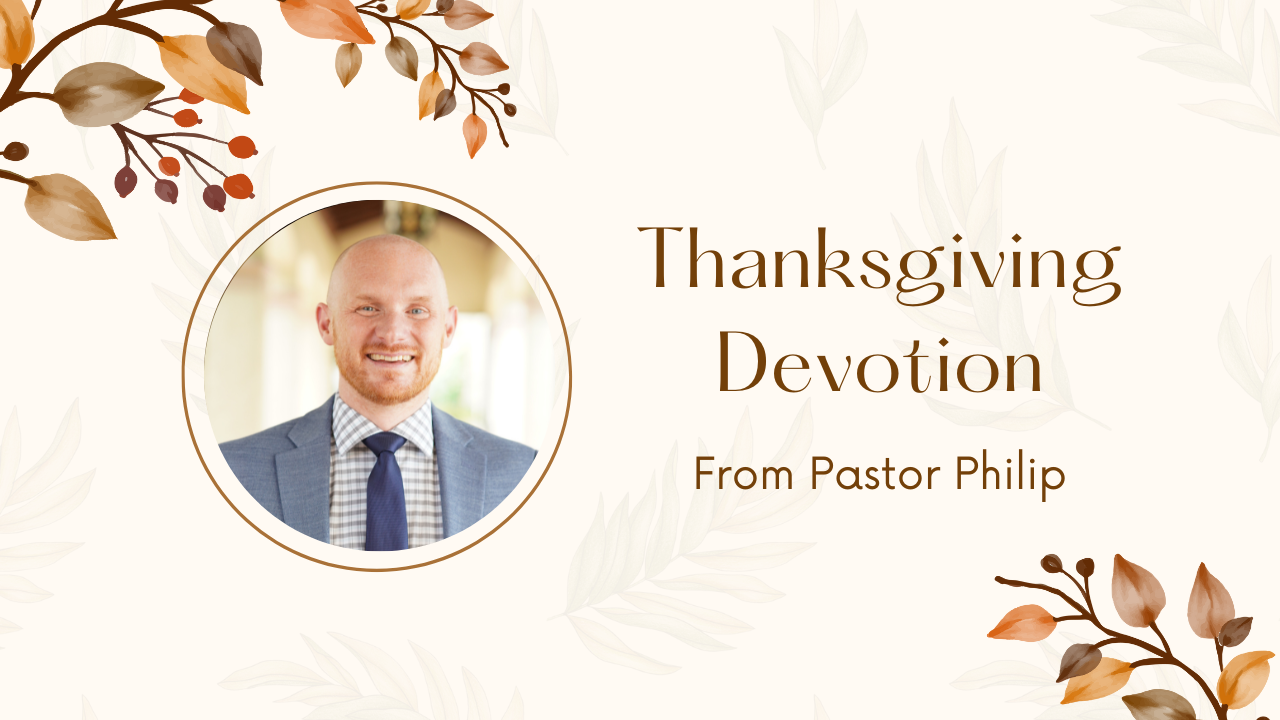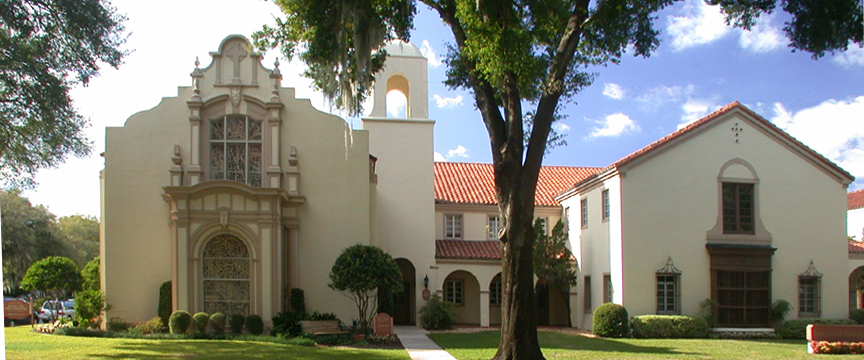Author: FUMCWP Admin
3 Numbers You Need to Know!
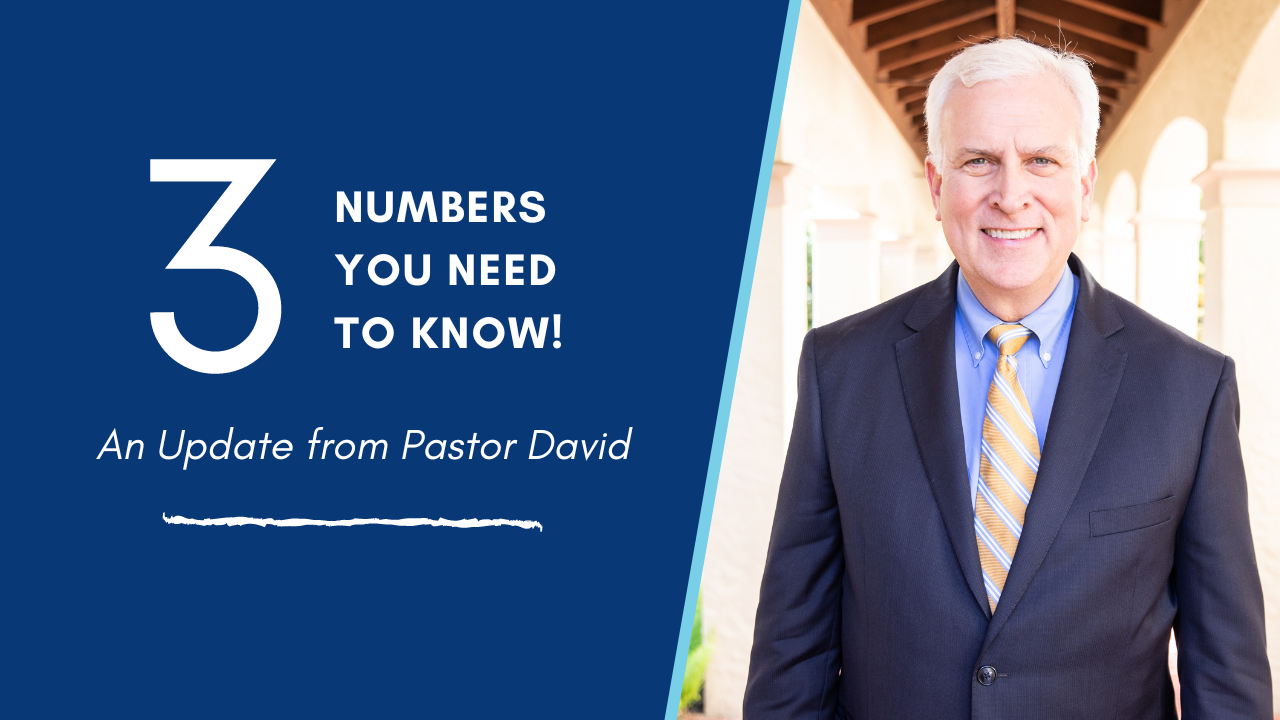
Devotion: We are not YET what we are becoming
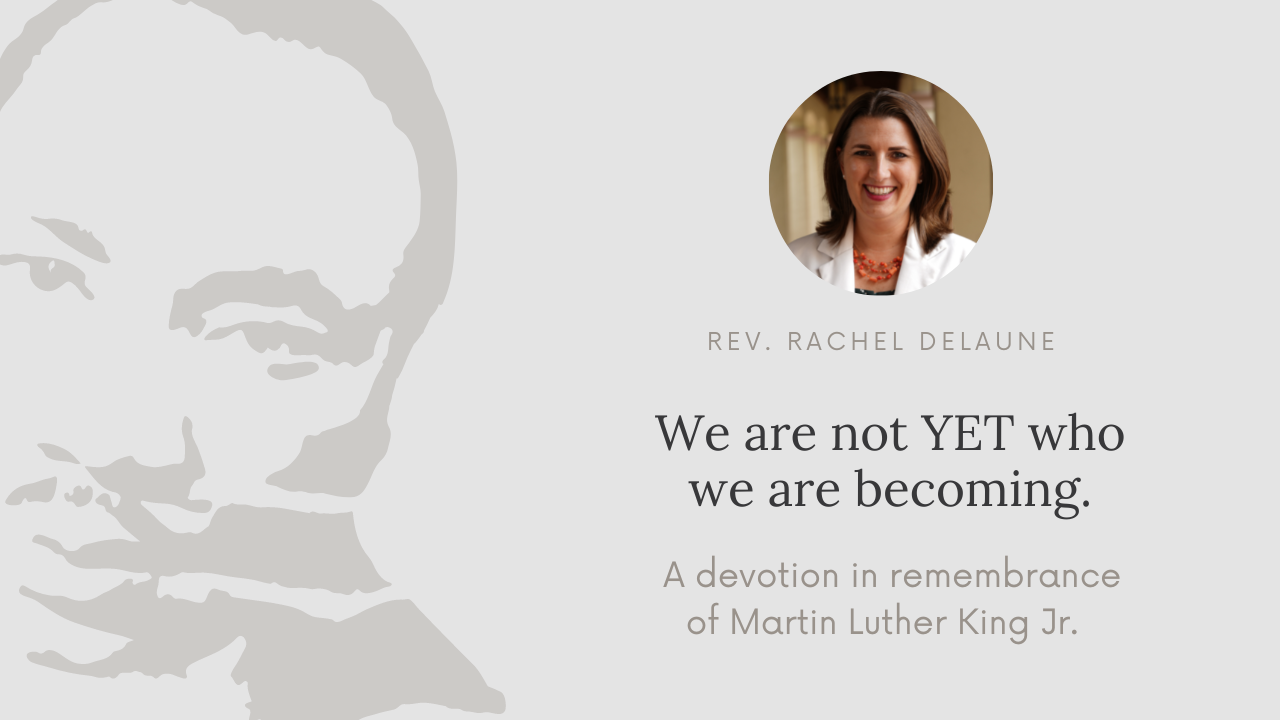
In honor of the life and legacy of the Rev. Dr. Martin Luther King Jr. and the Civil Rights movement, I wanted to share a true story that involves my loved ones. Before he was the Rev. Dr., he was a student at Boston University and my grandfather, James Marshall Smith, was in his class. Martin was from the Baptist tradition and my Grandfather, my Dad’s father was from the Methodist tradition. You may be wondering, wait, why did Martin go to a Methodist seminary, he was an ordained Baptist minister by 1948 after all, but he wanted to get his Doctorate. At that point, no colleges or universities in the south were admitting black students for PHD’s and so he ended up in the northern part of the United States at Boston University in 1951 where he studied ethics and philosophy. At some point during his Doctoral Degree and my Grandfather’s Masters’s degree, they were in class together. As a child, I remember hearing my grandfather share this connection and it has stuck with me ever since. We were talking about the importance of this past holiday when I was in Middle School, and my Grandpa shared that he was classmates with this amazing man and so I asked him, “Grandpa, what kind of student was he? Was he a great preacher and orator even then?”
My grandfather responded, “Actually, he was rather quiet and shy. Unfortunately, he was the only black student in any of my classes at BU, but no, he never really spoke up or talked much in class.”
This surprised me of course, because the Rev. Dr. Martin Luther King would go on to preach hundreds of times as a Baptist minister, and he would speak passionately and prophetically to thousands over his short lifetime. It was his voice, and others like it, that was the match that lit the flame for the Civil Rights movement.
And so what changed?
Simply put, we are not YET who we are becoming!
That is a powerful word, YET, and our God uses it constantly. As Wesleyans, we believe that we are called to personal and social holiness and that over time we strive to go onto Perfection. We are not YET perfect at loving God and loving others, but we are growing into becoming perfect in loving God and others. Throughout our everyday lives, we will have a chance to see how we are doing on this. And we will have our share of YET moments. Sometimes those YET moments are full of joy as we look back and see that we are different than we once were, more patient, more understanding, more respectful, more confident. Other times those YET moments will be moments of challenge. Maybe we will face conflict and wonder if we are really able to love our enemy as Jesus asks us to do. A relationship may fall a part and we are left trying to put back together the pieces with grace. We fight an illness or a health crisis or financial upheaval and get to see where our hope real lies. In other words, our lives will have many moments that test who we are BECOMING. And the beautiful thing is that God loves us just as we are but at the same time, sees us as what we can BECOME.
My encouragement to you this week is that you ask God to start to show you what you are BECOMING. If this story from my Grandfather’s past taught me anything, it is that we are meant to GROW because God gives us the power to become our best self. And in the Rev. Dr. Martin Luther King’s case, God used his YET moments to grow him into who he was BECOMING. Those moments of challenge led to growth to take on the generational sin of racism, the unjust laws and policies of that time and to remind people of every background they we are all Beloved Children of God.
“3-5 There’s more to come: We continue to shout our praise even when we’re hemmed in with troubles, because we know how troubles can develop passionate patience in us, and how that patience in turn forges the tempered steel of virtue, keeping us alert for whatever God will do next. In alert expectancy such as this, we’re never left feeling shortchanged. Quite the contrary—we can’t round up enough containers to hold everything God generously pours into our lives through the Holy Spirit!”
Romans 5: 3-5 The Message
AMEN
Devotion: Traveling Light

I have a lot of baggage…no really, I do.
As I took my third trip out to the car this morning, before even putting Charlie and Ellie in their car seats, it got me thinking, why do I have to carry around so much? I have this theory that the smaller my children are, the more stuff they need. Let me tell you what I put in the car just this morning.
- Charlie’s backpack
- Ellie’s School bag
- My purse
- My computer
- My lunch
- Ellie’s bottles
- Ellie’s Diaper Bag
- My pumping Bag
- Charlie’s New Toolset that he just HAD to show to his class
- My makeup bag
I mean, c’mon! Ten items that I have to bring to the car every morning and bring back into the house at the end of the day. This is of course not including my tiny humans that also need to end up in my car in the mornings to get to school. And so, it got me thinking about baggage and why I carry around so much.
Believe it or not, most of these items I put in my car are necessary for survival and efficiency and as much as I would like to consolidate, I just can’t if I want to eat and get my work done. And so this isn’t a devotional about simplifying life or practicing the Marie Kondo method of “getting rid of the clutter.” Instead, I want us to think about what baggage I CAN let go of. What about the unnecessary weight I carry around that presses me down and causes me conflict? What about that feeling in the pit of my stomach or that unresolved conversation that I first think about in the morning, what do I do to not carry that with me from day to day?
Believe it or not, pastors, contemplatives and followers of Jesus have wrestled with this from the beginning. We are human after all and we get bogged down from time to time. And so as we start this new year, I want to ask you to consider what baggage are you carrying that is time to let go of? What weight have you held onto long enough that must be released? Maybe it is guilt that you hold onto about something you did or left undone. Maybe it is regret over a past relationship, time in your life or situation you handled poorly? What if your baggage is the weight of what people think of you, or your anger or your inability to let go of things that happened in the past? And sometimes our baggage is from our spiritual past or emotional instability, and we need to set free from that as well.
I have baggage both figuratively and literally. And so do you. What is that baggage you are holding tight to? And for the sake of your family or the next generation, what are you needing to rid yourself of? And how might this new year, new start, fresh opportunity open up a way to let go? Not only does baggage weigh too much and slow us down, but it robs us of the goodness and grace in our lives. It distorts the good and gracious gifts of God by making them appear incomplete. In other words, our unnecessary baggage is a barrier. Unless we don’t take the time each day to slow down long enough to pray and be silent, we may miss it. Our barriers are often hard to see, but sometimes the greatest barriers to our spiritual growth and flourishing are the things we’re already carrying or that we assume are essential. We may have picked them up on our own, or others may have placed them on us. These burdens can weigh us down, prevent us from receiving God’s gifts, and keep us from seeing the needs of others. At the very least our baggage can distract us from the good things God desires to do in our lives.
And so, as we start this new year together, I invite you to pray this prayer below that helps us release the burdens and barriers that have become our baggage back to God.
Good and Gracious God,
I come before You in humble submission and pray that in Your mercy and kindness You would help me to simply let go of all the fears and worries, problems and doubts, guilt and disappointments that seem to be filling my heart and mind so often, during the course of a day.
Fill my hurting soul with Your love and peace I pray. Fill the emptiness and pain that is making life difficult. Lord, You know what is in my heart and why I am going through this time of fear and worry.
Lord, You have told us to think about whatever is lovely and pure and holy and good, and I pray that You would help me to turn the eyes of my heart upon Jesus and look to Him day by day. In Jesus’ name I pray.
Amen.
Advent Devotion: Peace

5 Areas of Momentum in Our Church!
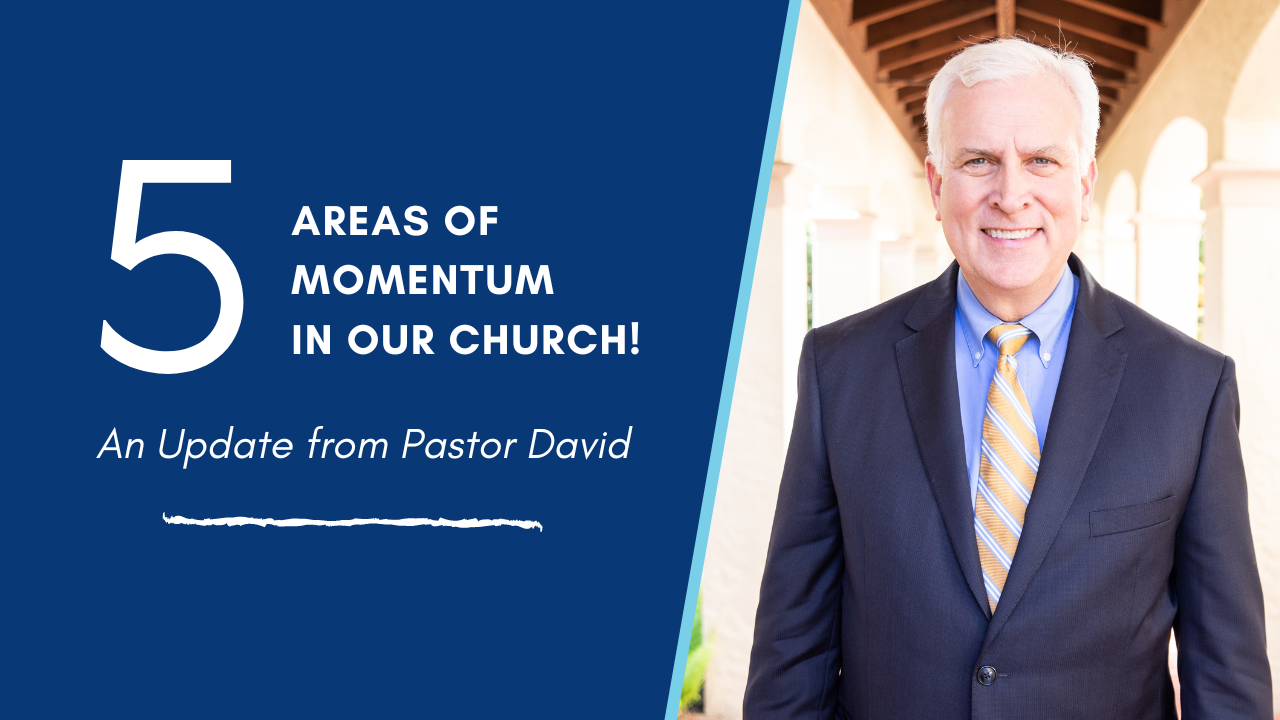
Devotion: When God’s Plans Are Not My Own
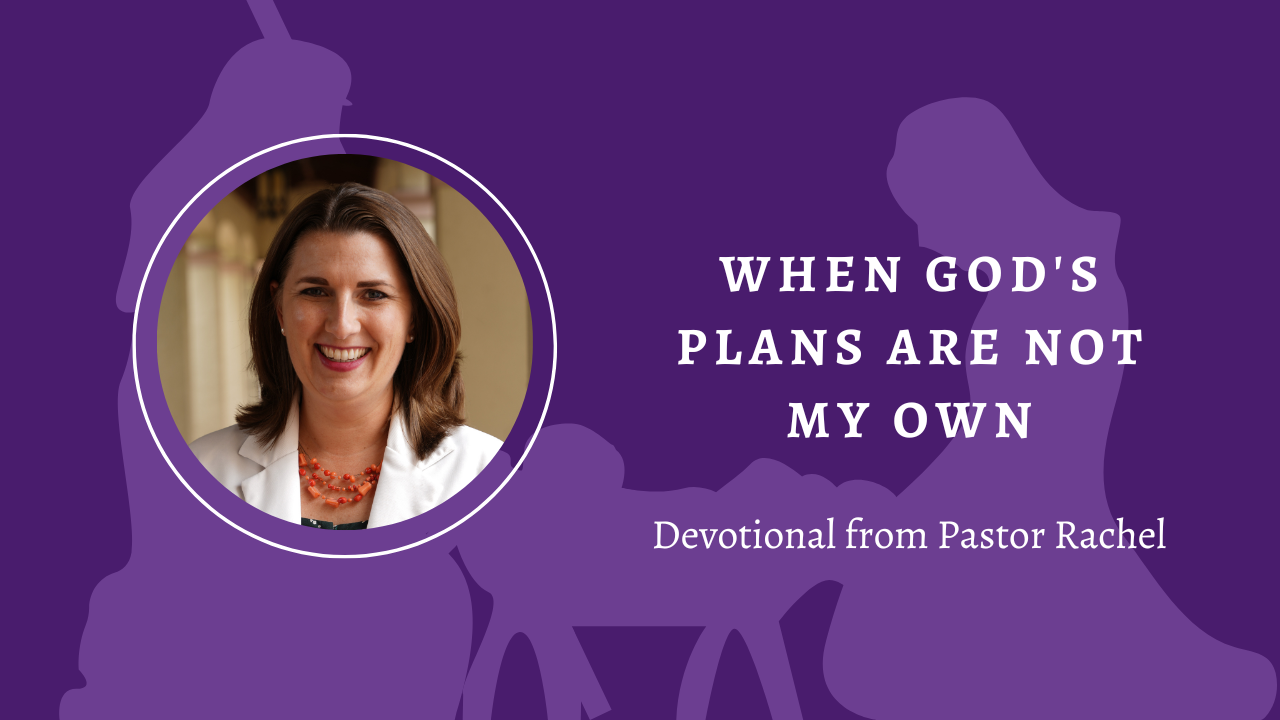
What a week of worship and service it has been. My soul has been filled up by all that has transpired over the last 3 or 4 days. First, over 330 parents, grandparents and church members supported over 80 dancers who descended on our campus for the Nutcracker performance on Friday night where our Studio 150 ministry was able to share the joy of this Advent season through dance. And then on Sunday, we worshipped together as one church through a blended service led by both our contemporary band and our traditional choir, and then we went out and served together. You can say we didn’t just “go to church” this Sunday, but we “were the church” this Sunday. And last but not least, we gathered that night in the courtyard under a beautiful night sky and found hope together through the lighting of candles, worship, spoken word, and dancing.
As I processed all that I had the privilege to participate in this weekend, I thought about the plans that we make and the plans that God makes.
Our almost 7-year-old, Emmaline is very curious about families these days and what makes up a family. We have recently had conversations with her about adoption and fostering both because of my work with the Florida United Methodist Children’s Home and because we recently visited our cousins who are foster parents. When Emmaline wants to know why some little kids don’t have parents it is one of those holy and sensitive moments where you really want to say the right thing as a parent. We are always cognizant that our judgments can become our children’s judgments, so we try to answer these deep philosophical questions (that we are never trained to answer, I might add) with a lot of grace. I usually say something like this. “Most of the time, grown-ups are excited and ready to become parents, but every once in a while, people have children and they really are not ready to be parents. And so other parents have to step in until they are ready.”
In one of these recent conversations where she had just met her second cousin who is a foster child, she just could not understand where her “real” parents were. We walked through the definition again and a little light bulb went on in her eyes.
“Oh I get it,” she said. “Mary and Joseph weren’t ready to be parents either, but they decided to trust God and love Jesus anyway!”
Wow, kid! Okay, well done. Not where I was going with this conversation, but yes, you really did just nail the meaning of Christmas! I am always glad when I listen to her small, yet wise voice.
And so, I have been pondering that thought over these last few days. I have thought about how my plans aren’t always God’s plans and wondering back to how I respond when I realize that there is a difference.
In this third week of Advent, I encourage you to think about the well-laid plans of your life and how, if you are like me, the planning process brings you joy. But then, I know we can all recall a time or many times when our plans were turned upside down and when we finally glimpse God’s plans, how much more of life we still are learning to embrace.
I pray that your Advent season gives you moments not only to recognize the times when your plans were different, but also when they were aligned. You see, I didn’t always want to be a pastor, but the educational journey to get here has been a blessing. At one point in my life, Ryan and I were planning to be missionaries in someplace very different from here, but God helped me grow deep roots where I was planted and taught me about being a missionary in my own, everyday life. Maybe you can remember a time too when your plans were different from God’s plans and how you chose to trust God anyway. Maybe Emmaline is right, maybe following Jesus is really about trusting God with plans very different from our own and learning to love and be loved in the process.
Devotion: Joy in the Bible
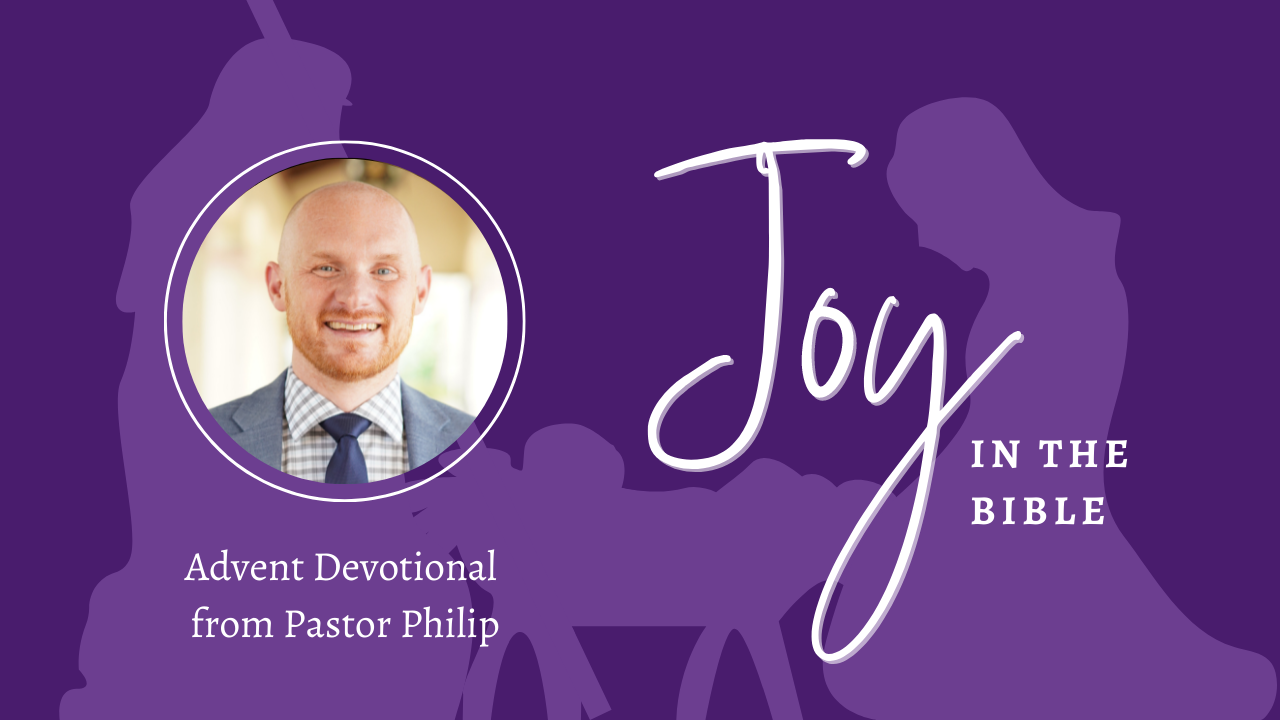
6 Numbers You Need to Know
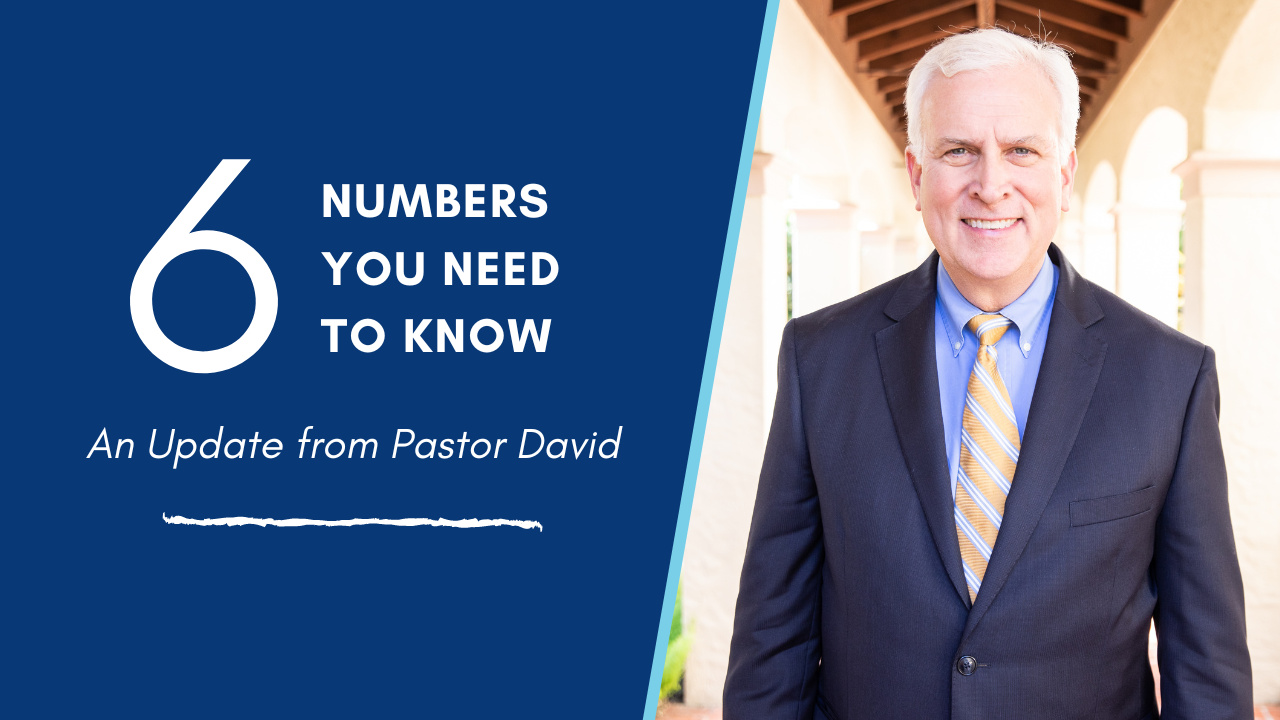
Devotion: Hope is Found Together
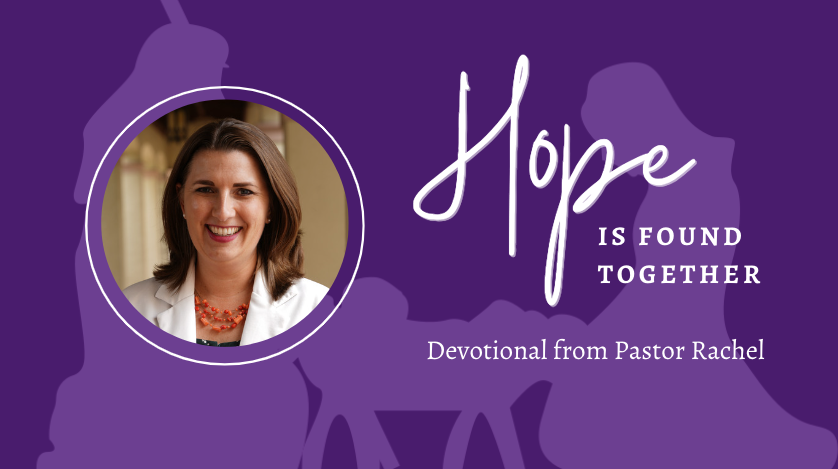
Do you remember how on Sunday I compared the journey of Advent to a laborious hike? And how we find HOPE when we continue to climb? Because Advent, just like faith, is a journey and it is sometimes hard to remember that the view at the top is worth it because our muscles hurt or we are thirsty or sunburnt, or just worn out. Well, today was one of those days. It’s the end of another long day, but there have been wonderful holy moments hidden in the chaos. I found hope in some small ways because I was looking for it and because I was watching and waiting.
Today I had the opportunity to go with Emmaline on her first field trip of this year. We rode a school bus which my children have always been obsessed with and I now have a newfound respect for the sanity of all school bus drivers. (If you are one of them, there’s a special place in heaven for you)! Emmaline and 120 of her closest first-grade friends went to the Orlando Science Center for the day. I had some really special moments with my firstborn and times that were just ours. But part of my job as a chaperone was to watch two additional children that I did not birth, and I quickly found that to be more exhausting than watching my own three children. Shout out to all the teachers out there!
We explored the Science Center, a place that our family knows and loves well, but it had special significance and was extra fun because we were doing it with all of Emmaline‘s classmates. The bus ride back to school was equally chaotic and when the field trip was over, the rest of the day continued with meetings, school pick-ups, Nutcracker dance rehearsal, and finally a wonderful respite in the middle of a busy week. If you missed the Advent Family Experience that we had tonight at the MFLC, it really was a place to experience Hope. People from the 9 AM and 11 AM services came together for a warm meal, crafts, gingerbread-making fun, and all of the beautiful chaos that comes with young church families! Pastor Leah and Pastor Jared and their teams created a beautiful atmosphere for families of all ages to learn a little bit more about this Advent season. I couldn’t be more proud of this amazing team that God has put together at this church.
The point is not that we need more programs or activities or events to experience HOPE, the point is that hope is found when we are together. When we break bread together, and we help watch each other’s children on the playground or when we offer to rock our babies, so that hungry mamas can eat. Hope it’s found when children find another child and tell them that we’re praying for them to get better or when we take a deep breath and go for a walk outside just to experience the beauty of Creation. Hope is found in a story, a laugh or a hug, or an invitation to join in or get to know. At Christmas time we probably have more opportunities to practice that hope and to model for our loved ones. Remember, hope is found more easily when we walk this journey together because we were never meant to walk this path alone. When we “put on the Lord Jesus Christ” and we come together with people who do the same, our hope grows so we can keep going. And even when we’re tired and frustrated and overwhelmed, hope it’s still found.
And so my encouragement to you, to me, to us all, is to keep looking for that hope. Especially when you have days like today. Don’t neglect to be with the body or become so busy that you forget how much we need each other. And what a joy it is to be together!
Thanksgiving Devotion
